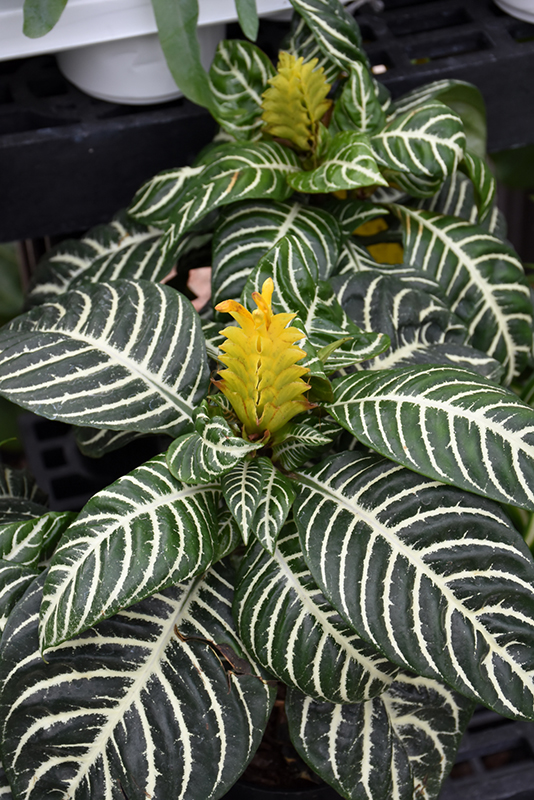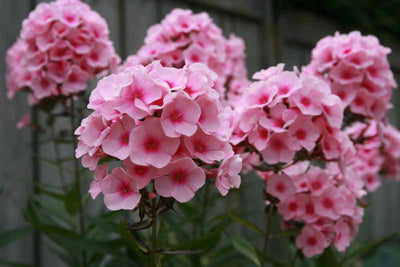Plant Library
Height: 6 feet
Spread: 5 feet
Sunlight:
![]()
Hardiness Zone: (annual)
Description:
This amazing plant will grow quite large in tropical enviroments, but is perfectly suited as a housplant or garden annual in colder areas; seasonal, yellow bracted flower spikes are stunning; deep green glossy leaves with contrasting white veins
Ornamental Features
Zebra Plant features bold spikes of yellow tubular flowers with yellow bracts rising above the foliage from late spring to mid summer. Its attractive glossy oval leaves remain dark green in color with distinctive white veins throughout the year.
Landscape Attributes
Zebra Plant is a multi-stemmed annual with a mounded form. Its medium texture blends into the garden, but can always be balanced by a couple of finer or coarser plants for an effective composition.
This is a relatively low maintenance plant, and should not require much pruning, except when necessary, such as to remove dieback. It has no significant negative characteristics.
Zebra Plant is recommended for the following landscape applications;
- Accent
- General Garden Use
- Container Planting
- Hanging Baskets
Planting & Growing
Zebra Plant will grow to be about 5 feet tall at maturity, with a spread of 5 feet. Although it's not a true annual, this plant can be expected to behave as an annual in our climate if left outdoors over the winter, usually needing replacement the following year. As such, gardeners should take into consideration that it will perform differently than it would in its native habitat.
This plant should only be grown in a shady location. It prefers to grow in average to moist conditions, and shouldn't be allowed to dry out. It is not particular as to soil type or pH. It is somewhat tolerant of urban pollution. This species is not originally from North America.
Zebra Plant is a fine choice for the garden, but it is also a good selection for planting in outdoor containers and hanging baskets. Because of its height, it is often used as a 'thriller' in the 'spiller-thriller-filler' container combination; plant it near the center of the pot, surrounded by smaller plants and those that spill over the edges. It is even sizeable enough that it can be grown alone in a suitable container. Note that when growing plants in outdoor containers and baskets, they may require more frequent waterings than they would in the yard or garden.





